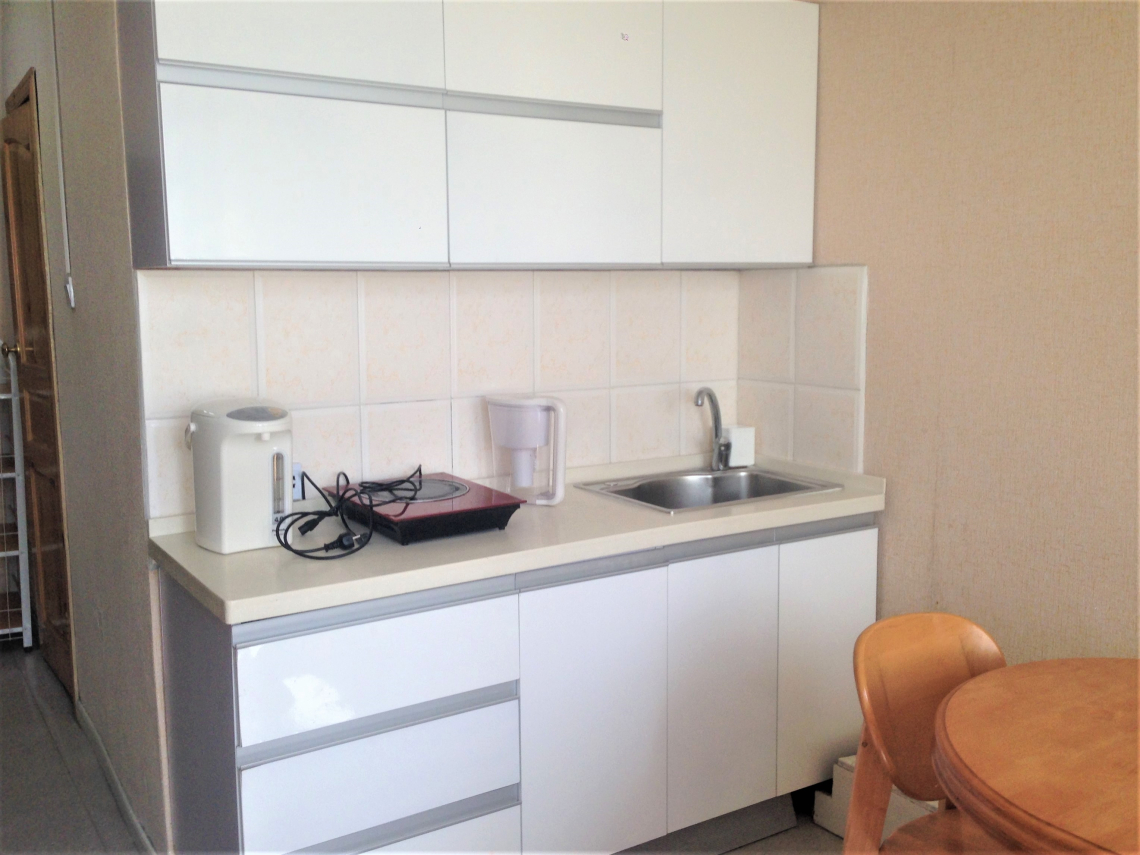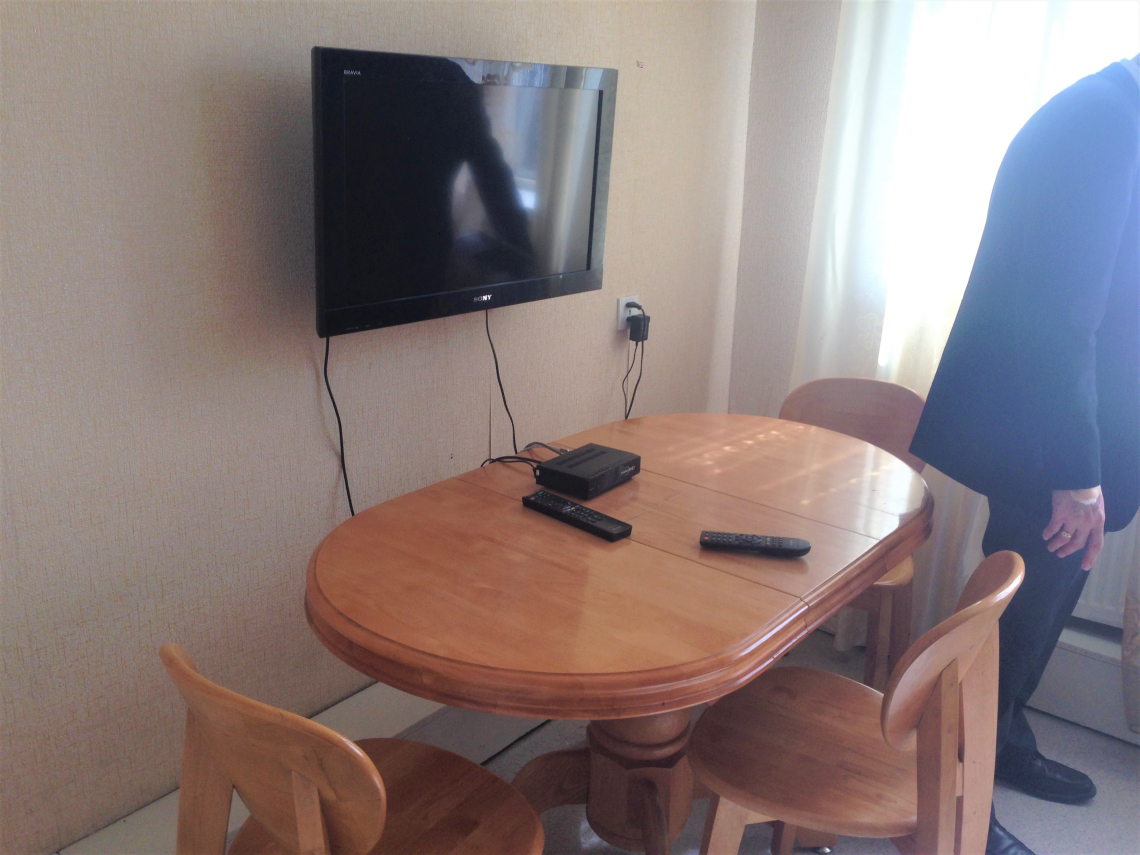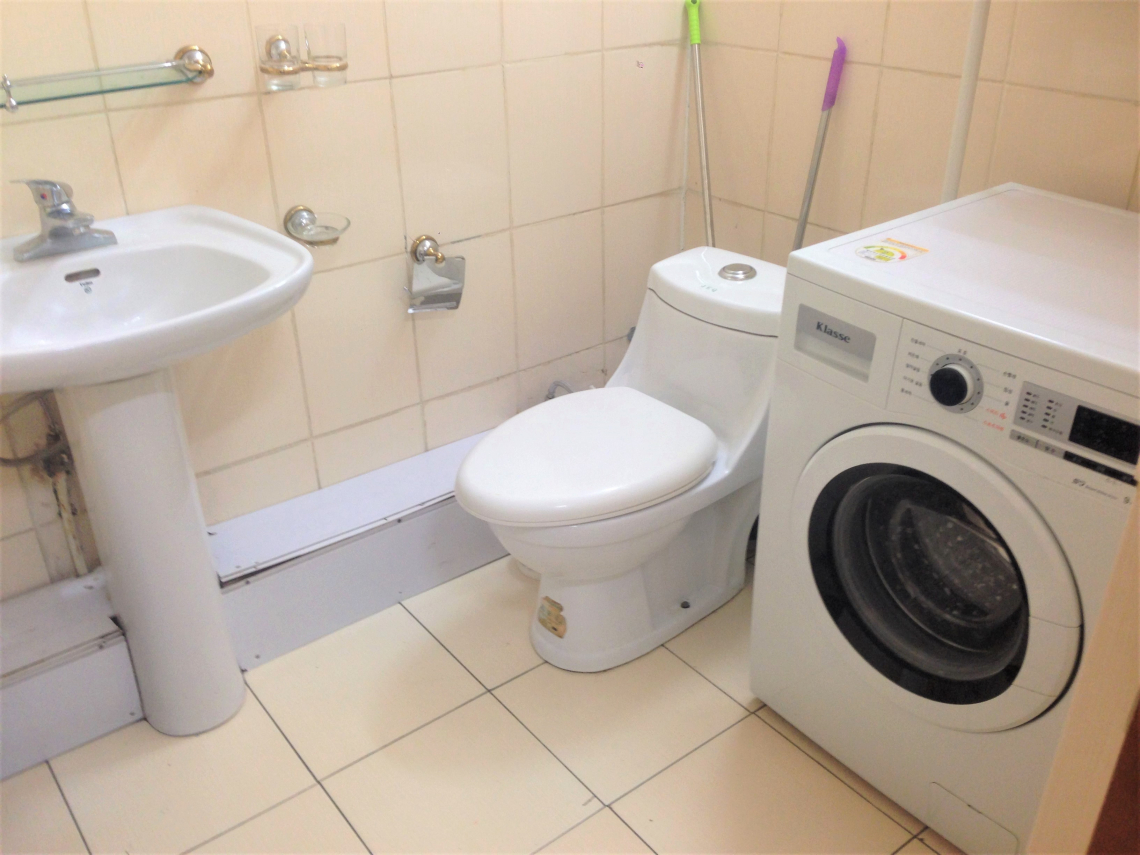Mongolia
8 English Teaching Assistant Award
Accepted Degree Levels
|
Grant PeriodAugust StartGrant Length10 Months |
Award Type
Award Profile
This year, the Fulbright program is offering up to eight English Teaching Assistant (ETA) Awards in Mongolia to U.S. graduates. English Teaching Assistants co-teach English for a 10-month period at Mongolian universities, institutes, or vocational training colleges and serve as U.S. cultural ambassadors in Mongolia.
Grant Length
Grant Period
In Mongolia, the Fulbright ETA Program starts in mid-August and ends in mid-June of the next year. Grantees are scheduled to arrive in mid-August 2026 and will participate in an in-country orientation organized by the U.S. Embassy in Ulaanbaatar, Mongolia.
Orientation
All grantees are required to participate in both the pre-departure orientation in the United States and the in-country orientation in Mongolia.
Candidate Profile
Applicants should be mature, articulate, and motivated individuals who understand the challenges of the harsh climate in Mongolia and daily challenges of living in a developing country. The most successful ETAs are flexible, open-minded, independent, and industrious. Applicants must be fluent English speakers. Those already holding certificates/degrees in TESOL are encouraged to apply.
What is life like for Fulbrighters in the host country?
Applicants are expected to research their host country. Application materials should indicate a clear commitment to the host country community and a description of how you will engage with it.
Fulbright ETAs in Mongolia typically live in the teacher’s dormitory close to their host institute. After preparing their breakfast at home, a typical schedule for an ETA starts with traveling to school and preparing for their class/es with co-teachers. After classes finish, ETAs usually host clubs for students or teachers at their school. After classes and clubs finish, the rest of the day is free.
ETAs based in the capital city of Ulaanbaatar have access to local and foreign supermarket chains including Nomin, Orgil, Emart, and Totem (which also carries household items, small electronics, clothes, etc.) Ulaanbaatar also offers many local and international café chains including Caffe Bene, Tom N Toms, Jack’s Coffee, and ROC that can serve as places to grab a cup of coffee or tea and plan lessons or hang out.
Eligibility
Degree Level of Applicant
- Bachelor's
- Master's
Special Application Instructions
To comply with Government of Mongolia regulations regarding assignments in the Mongolian school system, those selected as finalists must disclose any applicable medical conditions listed in the Fulbright Participant Medical History and Medical Examination form provided by the Institute of International Education (IIE). Strict adherence to these regulations is mandatory, and the participant’s grant is contingent upon the ability to secure a placement in Mongolia. Any attempts to omit or falsify information are grounds for immediate revocation/termination of the grant.
Candidates who are recommended for final review may be contacted for a 15-30 minute interview by the embassy, typically via phone or Zoom.
Foreign Language Evaluation (FLE) Form
If required, submission of the Foreign Language Evaluation (FLE) form is mandatory, even if you have advanced skills or are a native speaker of the language. Failure to submit the required FLE form may impact your eligibility.
Applicants should demonstrate a clear interest in Mongolia and learning about the country’s culture, including the Mongolian language. The in-country orientation will include a Mongolian language component, but some level of self-study is encouraged prior to arrival. After the orientation, no in-country Mongolian language classes will be provided as part of the program, but ETAs have reported that continuing lessons and practice on their own has proved useful in daily life.
Placement Type
- Vocational/Technical School
- University/Post-Secondary Institution
Most ETAs are placed at universities, institutes, or vocational training colleges in one of the three major cities of Mongolia: Ulaanbaatar (the capital), Erdenet, and Darkhan. In some cases, ETAs may be placed outside these major cities depending on a needs-determined basis.
Applicants interested in a placement outside of these cities should note their preference in the application’s Statement of Grant Purpose. Placement decisions are made based on several factors, including the level of need for English-speaking instruction in a particular school relative to other schools in the city. However, individuals should not apply for or accept this award unless they are willing to teaching in a placement that may differ from their preferences.
Mongolia is known for its natural beauty and breathtaking vistas on the open steppe. ETAs assigned to Ulaanbaatar often make it a point to travel outside of the city and enjoy Mongolia’s countryside. Famed for its nomadic traditions, Mongolia is also undergoing rapid modernization.
Ulaanbaatar is a burgeoning metropolis with a population over 1.6 million, but severe air pollution is a health risk, especially during the winter months. The country’s second and third most populous cities, Erdenet and Darkhan, also have air pollution issues during the colder months. Interested candidates who have experienced respiratory conditions, including during childhood, should understand that Mongolia is considered one of the worst countries in the world for air pollution, especially in Ulaanbaatar, and the air quality drops significantly during winter and the high pollution levels persist for months. Even as smog pollution eases, there are also regular dust clouds and storms. Candidates should consult with their physicians and learn about air pollution levels in Mongolia before committing to apply to this program.
Each work week, ETAs are expected to conduct approximately 20 hours of classroom teaching, 8-10 hours of class preparation time, and 6-8 hours of extracurricular English language-related cross-cultural student activities at their host institutions. ETAs contribute toward capacity-building through co-planning and co-teaching.
ETAs engage in embassy-initiated public outreach activities, especially those for promoting English language learning. The mix of co-teaching and independent teaching will vary from school to school and will depend on the host institution’s situation, as well as the ETAs background and qualifications.
Placement Locations
- Capital City
- Regional City
English Teaching Assistants are typically placed at universities and vocational training centers in the capital and regional cities.
Award Benefits
- A stipend broadly based on the cost of living in the host country. These funds may be used by the grantee to support housing, meals, and incidental costs during the grant period.
- International travel benefits
- Accident & sickness health benefits
- 24/7 mental health support line for urgent and non-urgent situations
- 12 months of non-competitive eligibility (NCE) hiring status within the federal government
- English language teaching preparatory course
Stipend Amount
This is an estimated amount and is subject to change. The financial terms of the grant will be confirmed in the grant document issued after selection.
One-Time Allowances
This is an estimated amount and is subject to change. The financial terms of the grant will be confirmed in the grant document issued after selection.
- Excess baggage fees
- Research/Materials allowance
- Settling in allowance
Additional Grant Benefits
- Housing placement
- Mid-year seminar
Supplementary Project
No research or independent study is required. English Teaching Assistantships are not study/research awards, and teaching takes most of the grantee’s time. The Statement of Grant Purpose should focus on why the applicant wishes to teach English in Mongolia and how to make it a memorable cultural experience.
Estimated Cost of Living
Consider using cost of living comparison websites to gain a better understanding of the potential costs in your host country.
Please see average cost as of February 2025 of some consumer goods from below:
Bus Fare (per ride) - $0.30
Taxi (km) - $0.70
Phone Bill (monthly) - $35.00
Doctor Visit - $20.00
Dentist Visit - $20.00
Optometrist Visit - $20.00
Beef (kg) - $6.40
Mutton (kg) - $4.70
Chicken (kg) - $6.35
Egg - $0.18
Whole Milk (l) - $1.37
Potatoes (kg) - $0.43
Apples (kg) - $2.46
Rice (kg) - $1.58
Bread - $0.73
Coffee (a cup) - $2.23
Dependents
Housing Arrangements
Housing arrangements will be facilitated by the host institutions and the U.S. Embassy. ETAs are most often housed in a school dormitory unit with private bathroom. In case the host institute is unable to offer a dormitory room, the institution is required to provide comparable housing in the community or a monthly housing allowance. Attached are photos depicting an average dormitory apartment.




Special Considerations
Although Mongolians are welcoming toward Americans in general, there have been incidents of crimes against foreigners. Some incidents occur in nightlife areas and when foreign men are believed to be accompanied by Mongolian women. There have also been rising incidents of sexual harassment and assault of foreign women. It should also be noted that Mongolian culture, including professional culture, often centers around events that may involve the expectation to consume alcohol.
ETAs will receive a safety briefing from the embassy’s regional security officer shortly after their arrival in Ulaanbaatar. Program participants must make mature, informed, and sensible choices about personal safety.
English Teaching Assistants coming to Mongolia MUST obtain an Employment Visa (C2) to enter the country. The host institutes will assist ETAs in acquiring the necessary documents, but it is the ETA’s responsibility to follow up with the host institutes and obtain a visa in time. Because of the national holiday Naadam in mid-July, Mongolian organizations and the Mongolian Embassy in Washington, D.C. close for up to five days. It is mandatory for grantees to start their visa process well in advance. In general, Mongolians take extended leave during July and August. For more information about employment visas, please visit Immigration Agency of Mongolia and Mongolian Embassy in the United States.
